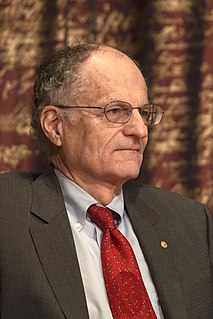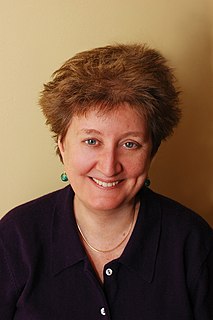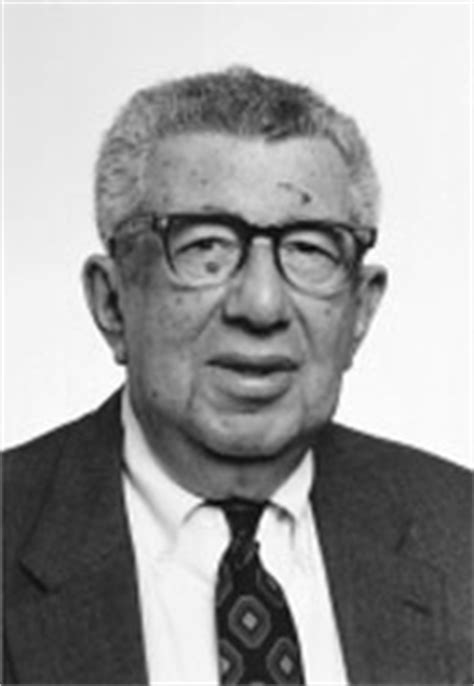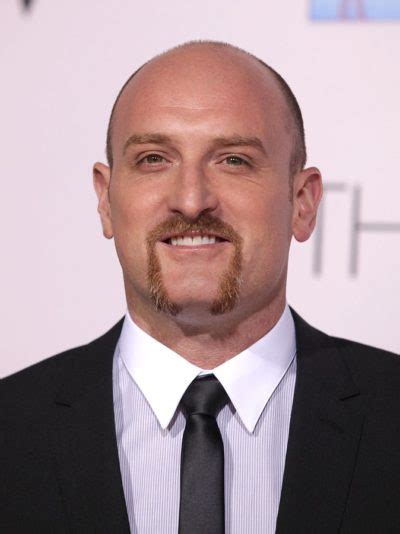A Quote by John Kenneth Galbraith
Economists are economical, among other things, of ideas; most make those of their graduate days do for a lifetime.
Related Quotes
I work out most days, normally first thing, and then I just see where the day takes me. I recipe test most days, do lots of social media and emails, but nothing else is constant. Some days, I film YouTube videos; other days, I have lots of meetings, work on blog posts, brainstorm ideas, and work on upcoming projects.
Economists operate with this image of the homo economicus, the rational economic agent, and while such agents are rare in the wider world, they are common in economics departments. Exemplifying the homo economicus paradigm, economists typically choose their research projects and hypotheses so as to promote their own careers, to maximize their lifetime income. This explains the astonishing pressures toward conformity in academic economics: how deviant views (except those by a few who have already achieved stardom) get crushed by an army of conformists.
For what is important when we give children a theorem to use is not that they should memorize it. What matters most is that by growing up with a few very powerful theorems one comes to appreciate how certain ideas can be used as tools to think with over a lifetime. One learns to enjoy and to respect the power of powerful ideas. One learns that the most powerful idea of all is the idea of powerful ideas.
When I first started working on movies as a production assistant, we were shooting 65, 75, 85 days. I mean, granted some of those things were "Godzilla," "Deep Impact," and those kinds of things, but these days it's like 30-35 days or 40-45 days and you just feel like you're humping trying to get everything done. It's like "Move on, move on, move on!" That's not the way to get the best performances or the most interesting shots. You have to constantly balance schedule and quality of work. For me, that's the biggest thing.





































